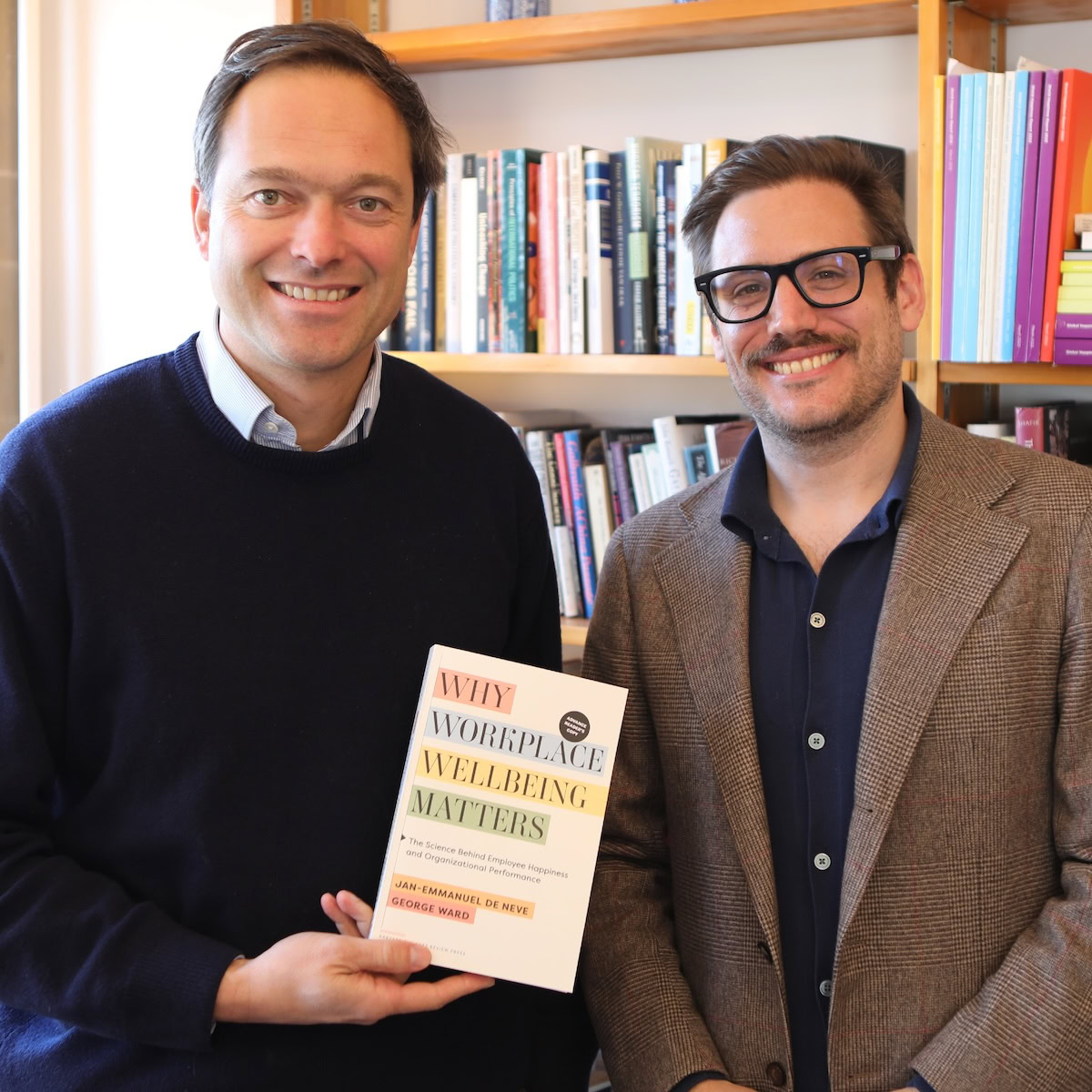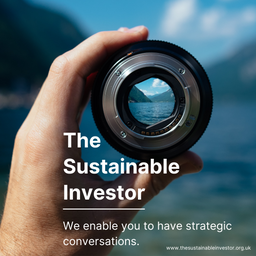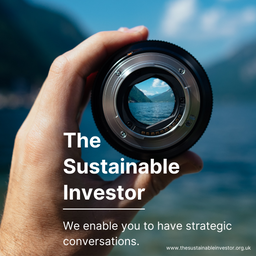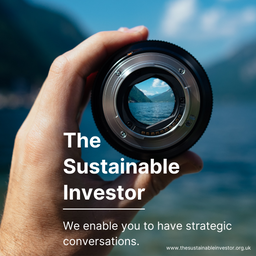Sunday Brunch: 'Soft' factors are really important for investors
Investors know that soft factors, such as having a happy and motivated workforce, are important drivers of a company valuation. But how do we include factors such as diversity into our investment cases? The first step is to understand the linkages. Not all soft factors are financially material.
This week I was going to write about a recent report Alex Edmans wrote for The Diversity Project on when and how cognitive diversity works in an investment context. And by implication how this can be applied to all businesses.

Professor Edmans has not only identified the potential benefits of 'diversity', but he has also been brutally honest about the challenges. To quote the report ..."if not managed well, diverse ways of thinking can also result in miscommunication, misunderstandings or friction and may slow decision-making."
But, as I started to write, I realised there was another blog I needed to write first - the one about the link between a 'happier' workforce and a company's financial performance. Because not all workforce positive actions we can take will deliver financial benefits.
The lack of a clear financial benefit doesn't mean we shouldn't treat people better. Sometimes it's just the 'right thing to do'. For many investors that is reason enough.
But for others we also need to show a positive financial link. And this is possible in many cases. But we shouldn't be too quick to link all actions that are socially responsible with quantifiable and identifiable financial gains. Overpromising can make investors cautious about pushing companies to be 'better employers'.
What workforce actions create financial value and how ?
My new 'go to' on this topic (as recommended by Professor Alex Edmans) is a great book by Jan-Emmanuel De Neve and George Ward. It's titled "Why Workplace Wellbeing Matters" and what I love about it is that it uses research and data rather than opinion to make the case. And it's easy to read.

I highly recommend buying this book. It's really useful for both investors, and those NGO's etc who are seeking to influence how companies act on social workplace issues.
But, before we can talk about financial benefits, we need to understand how the workforce actions create financial value.
The boring business of linking social actions to financial outcomes
Many of us would like the companies we are invested in to be 'better employers'. We want them to treat their employees better, paying them higher wages and giving them better working conditions. And we would like them to broaden their recruitment pool, hiring more women and people from minorities in senior positions. And we want them to be better citizens, especially for people who live in and around their facilities.
This is subtly different from actions that we want them to take to prepare for the environmental changes that are coming. This includes actions such as supply chain improvements and mitigating the impacts of weather events. We can (largely) think about these as risk management, preparing the company to be more resilient. And hence better able to create future value.

But how we think about social factors is a bit different.
For many people it's 'obvious' that being a better employer produces financial benefits. To quote a 2023 McKinsey report ...
Our new analysis indicates financially successful companies that integrate environmental, social, and corporate governance (ESG) priorities into their growth strategies outperform their peers—provided they also outperform on the fundamentals. The message is clear: not only can you do well while doing good—you can do better.

But - regular readers will know that this is not always true. Not all sustainability issues are value creation issues. We need to be able to tell the difference if we want to persuade mainstream investors and company boards that they need to take action.
As we wrote in a blog back in April this year ...
Just because some sustainability issues can enhance financial returns doesn't mean that ALL sustainability issues are financially material. We need to remember this when we ask companies to embed sustainability in their strategy process.

To do this with social issues we need to be clear about the linkage. And this is where the Jan-Emmanuel De Neve and George Ward book.
They have identified three main linkages - improved productivity, better staff retention and improved recruitment. I will not go into too much detail in this blog, but three quotes help to give context (Chapter 8 for when you buy the book).
On productivity the "evidence strongly suggests that there is a causal link between employee happiness and individual productivity and performance"
On retention "the fundamental idea that dissatisfied or unhappy workers are likely to leave has stayed the course and been demonstrated empirically in great many contexts" And while some staff turnover can be beneficial, excessive turnover not only imposes higher costs on the business, but it can also result in the loss of organisational knowledge and experience.
And on recruitment "another important mechanism through which wellbeing can affect the bottom line is by improving a firm's ability to attract talented workers".
I also think that improved worker wellbeing can also contribute to innovation, but that is a debate for another blog.
So, rounding all of this up. Not all positive social actions by firms also create financial value. Research and data can help us identify which actions are likely to work, and hence appeal to a financial investor. And by being clear about the linkage, we have a better chance of explaining our logic to investors and company management.
This gives us the tools to tackle the recent Professor Edmands report, and to think about the consequences of the Jan-Emmanuel De Neve and George Ward analysis for specific companies. I will come back to these points in a future blog.
On a personal note some of you might have noticed that I have published a lot less over recent weeks. I don't get paid to write these blogs, it's a personal mission of mine to use my investment experience to assist in delivering the sustainability transitions. And sometimes family becomes the priority. To misquote Allen Saunders and more recently John Lennon "life is what happens to you while you're busy making other plans”. And sometimes life serves you some hard knocks. Hopefully we have turned the corner.
One last thought
Sustainability can also be like a good brand. Without it your business can lack the quality that makes consumers happy to pay a premium price, for employees to keep going that extra mile, and for the providers of capital to continue to support you. Not just today or tomorrow, but way out into the future. But, in the same way that creating a good brand means making hard choices, not all sustainability issues are material to creating a valuable intangible asset.

Grant me the strength to accept the things I cannot change, the courage to change the things I can, and the wisdom to know the difference. Reinhold Niebuhr - a Lutheran theologian in the early 1930's
Please read: important legal stuff. Note - this is not investment advice.








